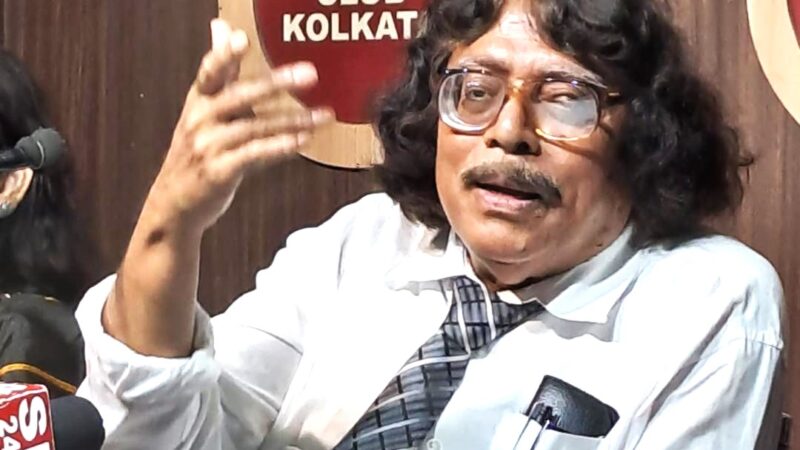Russia vs Ukraine – A Volatile Conflict with Global Implications

In recent years, the ongoing conflict between Russia and Ukraine has captured the attention of the world, raising concerns about territorial integrity, political stability, and the potential for wider regional repercussions. The conflict, which began in 2014, has seen both countries engage in a series of military clashes, diplomatic confrontations, and a battle for international support. As tensions continue to escalate, the Russia-Ukraine conflict presents a complex and challenging situation with significant global implications.
The roots of the Russia-Ukraine conflict can be traced back to Ukraine’s decision to pursue closer ties with the European Union in 2013. This move was met with strong opposition from Russia, which considered Ukraine an essential part of its sphere of influence. The ensuing protests, known as the Euromaidan movement, culminated in the removal of Ukraine’s pro-Russian president, Viktor Yanukovych. Russia responded swiftly by annexing Crimea, a strategic peninsula in the Black Sea, and supporting separatist movements in eastern Ukraine.
Since the annexation of Crimea, the conflict has primarily focused on Ukraine’s eastern regions, namely Donetsk and Luhansk. Pro-Russian separatists, backed by Moscow, have clashed with Ukrainian forces, leading to a protracted and bloody conflict. The situation has resulted in thousands of casualties and a significant humanitarian crisis, with civilians caught in the crossfire.
World Diplomacy Silent?
The conflict has not only intensified on the ground but has also sparked a heated diplomatic battle between Russia and the international community. Western nations, including the United States and European Union, have condemned Russia’s actions and imposed economic sanctions in an attempt to pressure Moscow into de-escalating the situation. However, Russia remains steadfast in its support for the separatist movements and asserts that it is protecting the rights of Russian-speaking minorities in Ukraine.
Beyond the immediate territorial disputes, the conflict has broader geopolitical and energy ramifications. Ukraine serves as a crucial transit route for Russian natural gas exports to Europe, making it a significant player in the energy market. This dependency has often been used as leverage in negotiations between the two countries, creating concerns about energy security across the continent. Additionally, the conflict has strained relations between Russia and NATO, with increased military activities and calls for greater defense spending in the region.
Amid the political and strategic maneuverings, it is vital not to lose sight of the human toll this conflict has taken. The war has forced many Ukrainians to flee their homes, seeking refuge elsewhere in their own country or beyond its borders. The psychological and emotional scars of the conflict will likely persist long after the physical fighting ceases.
Despite the seemingly intractable nature of the conflict, efforts to find a peaceful resolution persist. Diplomatic negotiations, including the Minsk agreements, have been brokered to establish a ceasefire and a framework for a political solution. However, implementing these agreements has proven challenging, with sporadic violations and a lack of trust between the warring parties.
Where Is Peace? How Can The Problem Get Resolved Amicably?
Dialogue and Diplomacy: The foremost approach to resolving the Russia-Ukraine conflict lies in fostering direct dialogue and diplomatic negotiations between all parties involved. It is crucial for Ukraine, Russia, and the separatist groups to engage in sincere discussions, with the support of international mediators, to find a mutually acceptable solution.
Ceasefire Enforcement: The establishment of a durable and comprehensive ceasefire is vital to de-escalate tensions and reduce violence in the conflict zone. All parties must commit to upholding the ceasefire agreements, with provisions in place for monitoring and verifying compliance.
Withdrawal of Foreign Forces: The removal of foreign military forces and weapons from Ukrainian territory is an essential step towards restoring stability. Russia’s withdrawal from Crimea and cessation of support to separatist groups in eastern Ukraine would go a long way in building trust and creating an environment conducive to resolution.
Political Reforms and Autonomy: Addressing the underlying grievances of the separatist-held territories is crucial to finding a lasting solution. Ukraine can explore constitutional reforms that grant a degree of political autonomy to these regions, allowing them to have a say in their own governance while remaining part of Ukraine.
International Peacekeeping Mission: The deployment of a robust international peacekeeping mission, under a United Nations mandate, could help stabilize the situation and create a secure environment for the implementation of peace agreements. Such a mission should have a clear mandate, adequate resources, and the support of all parties involved.
Economic Development and Reconstruction: Investing in the economic development and reconstruction of the conflict-affected regions is vital to rebuilding shattered infrastructure and creating opportunities for the local population. International assistance and support for rebuilding efforts can play a crucial role in fostering stability and reconciliation.
Respect for Human Rights: Upholding human rights, ensuring accountability for war crimes, and promoting reconciliation are essential components of any resolution process. This includes addressing the issue of internally displaced persons, providing access to justice, and facilitating the safe return of those who have been displaced by the conflict.
International Support and Mediation: The international community must continue to provide support and mediate in the Russia-Ukraine conflict. The involvement of respected international mediators, such as the Organization for Security and Cooperation in Europe (OSCE) and other relevant stakeholders, can help bridge differences and facilitate constructive negotiations.
Economic and Energy Cooperation: Promoting economic cooperation and energy diversification efforts can help reduce Ukraine’s dependence on Russian energy resources. Enhancing trade relations and supporting Ukraine’s integration with the European Union can contribute to its long-term stability and reduce the potential for external influence.
Rebuilding Trust: Rebuilding trust between Ukraine and Russia is a challenging but necessary aspect of resolving the conflict. Confidence-building measures, such as people-to-people exchanges, cultural initiatives, and educational programs, can foster understanding and promote a more positive relationship between the two countries.
Conclusion: Resolving the Russia-Ukraine conflict requires a multifaceted approach that encompasses diplomatic negotiations, trust-building measures, political reforms, and international support. By addressing the root causes, promoting dialogue, and implementing practical solutions, there is hope for a peaceful resolution that respects the sovereignty and aspirations of both Ukraine and Russia while ensuring the well-being of the affected populations.





